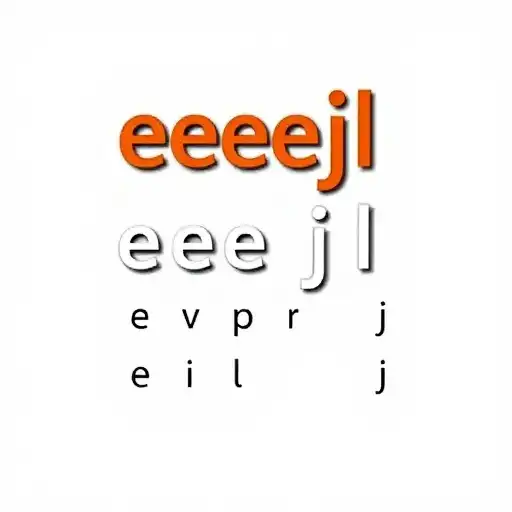Educational Games


Harnessing the Power of Educational Games: A New Era in Learning

In today's digital age, 'Educational Games' have emerged as a revolutionary category, blending entertainment with scholastic engagement to enhance learning. The keyword 'eeejl' stands at the forefront of this trend, representing an expansive array of digital products that cater to learners across age groups. These games are designed not only to educate but also to stimulate curiosity and critical thinking among users. Educational games offer an immersive experience that transcends traditional learning methods, providing a dynamic platform where players can interact with content in a meaningful way. Tools such as gamified quizzes, simulations, and puzzles have proven to increase engagement by offering immediate feedback and reinforcement.
Research indicates that educational games can significantly enhance cognitive skills such as memory, problem-solving, and information processing. By integrating core educational concepts into gameplay, these games enable learners to grasp complex subjects effortlessly. For instance, mathematical games often employ puzzles that require logical reasoning and numerical skills, thus facilitating an understanding of math concepts in a context that feels more like entertainment than education.
Beyond cognitive development, educational games play a pivotal role in fostering creativity and collaboration. Many of these games are designed to be played in groups, encouraging teamwork and communication skills. Players often work in teams to solve problems or compete against one another, learning to navigate social dynamics and develop strategic thinking in the process.
The adaptability of educational games to various educational needs is another compelling aspect of this category. From foundational learning in young children to specialized knowledge for higher education students, educational games cater to a wide range of learning objectives and environments. With the incorporation of adaptive learning technology, games can personalize content to meet individual learner needs, thereby maximizing educational outcomes.
In classrooms, teachers are increasingly using educational games as tools for blended learning. The interactive nature of these games complements traditional instruction and aids in maintaining student attention, particularly in virtual learning settings. Furthermore, the data collected from gameplay can provide educators with insights into a student's learning progress and areas needing improvement.
As educational games continue to evolve, they are set to redefine the boundaries of teaching and learning. The inclusion of advanced technologies such as virtual reality and artificial intelligence offers exciting possibilities for further interactive and immersive educational experiences. The ongoing innovation within this field holds promise not only for enhancing educational practices but also for equipping learners with the skills necessary for success in an increasingly digital world.
Gaming Evolutions Amidst Global Changes
Exploring the evolution of online gaming and its impact on communities and technology in light of current global changes.
Rising Trends in Game Websites
Exploring the evolving dynamics of online gaming communities and platforms in 2025.
The Rise of EEEJL in Online Gaming
Explore the latest trends and the impact of EEEJL in the online gaming sphere as of 2025.
 Skip to content
Skip to content




